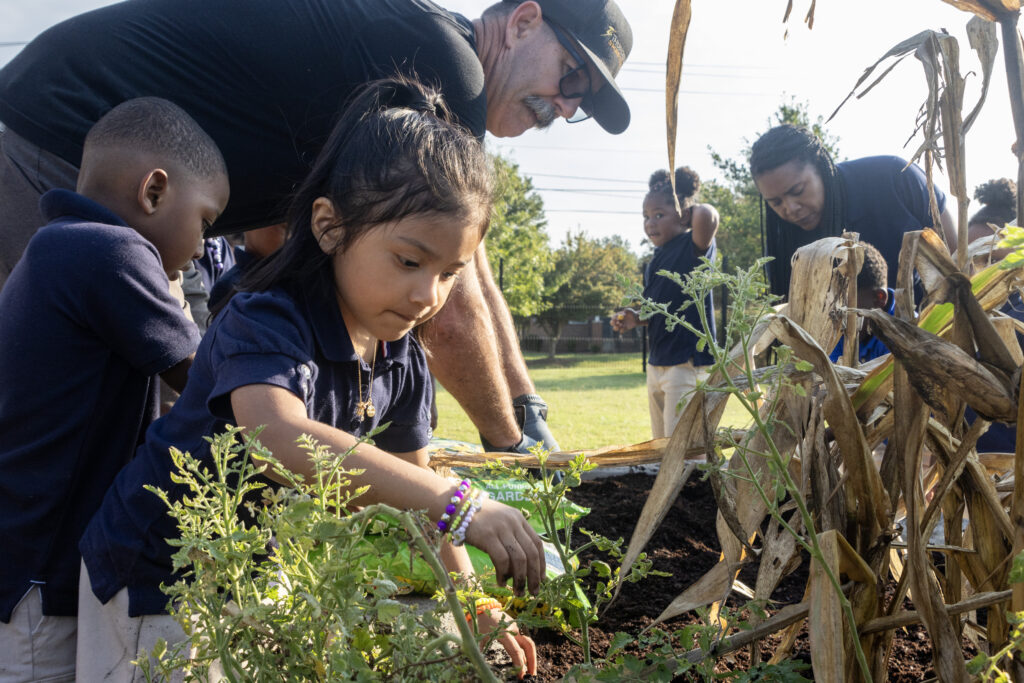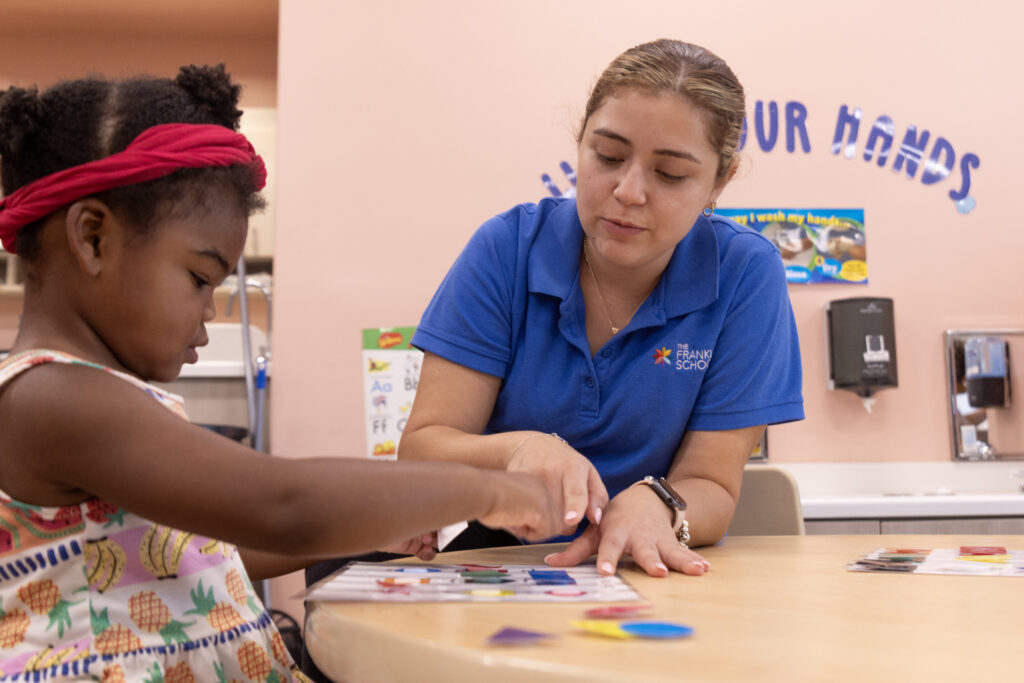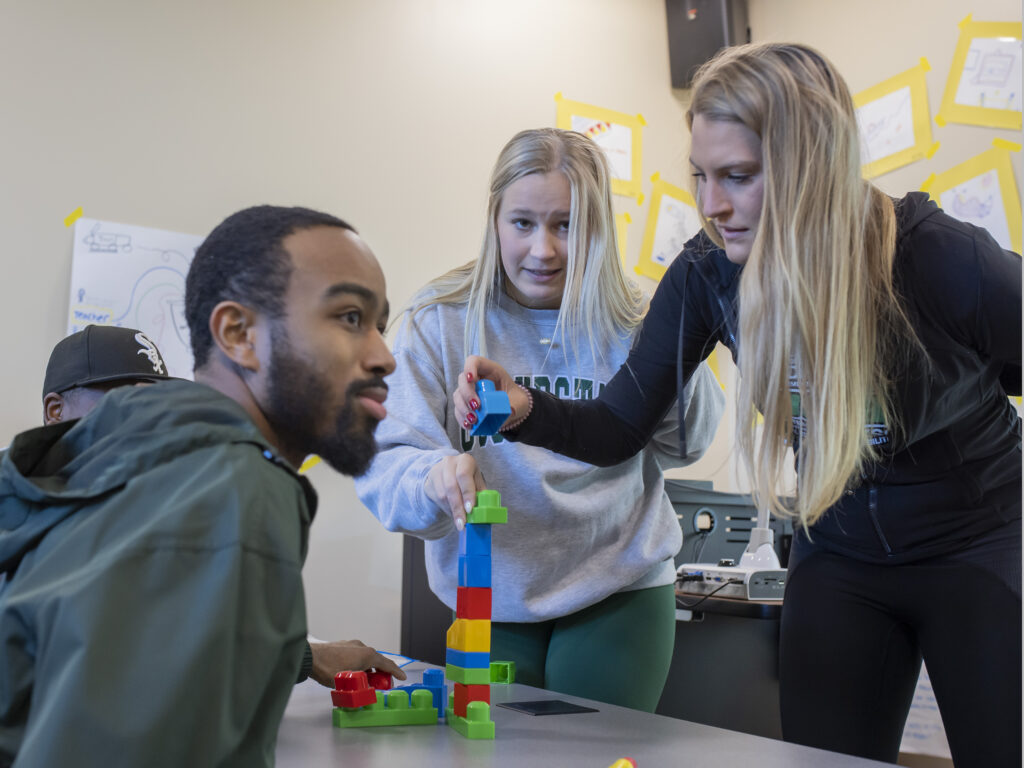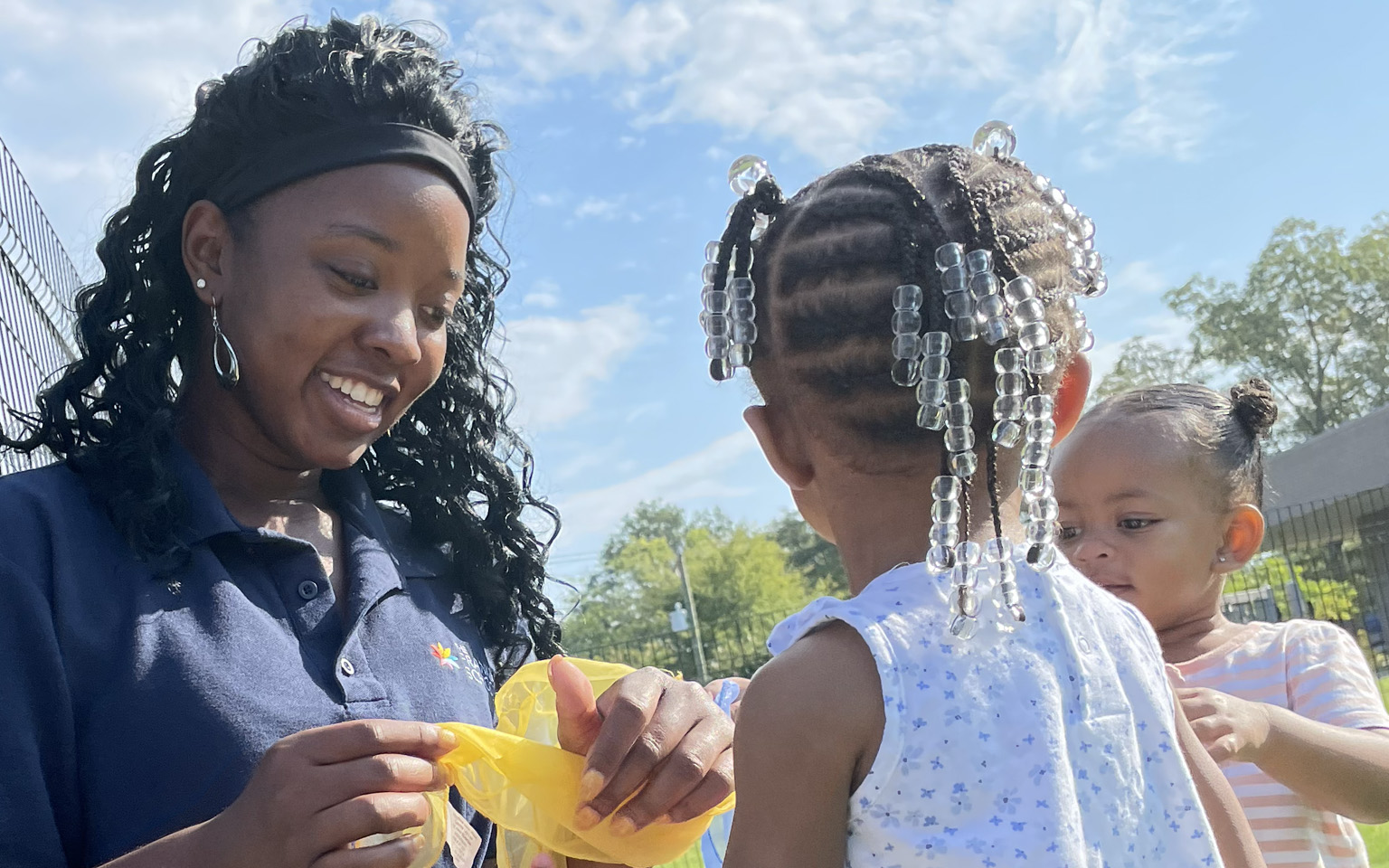Empower parents and children to succeed.
Earn a Bachelor of Arts in Early Education and Intervention and provide support to families with young children. Prepare to work in roles like a child development specialist or early interventionist. With your degree you will be prepared to work in a range of government agencies and non-profit organizations.
After completion of the major coursework, you will complete the program with a semester long internship in a placement related to the field of study such as a non-profit organization or early interventionist setting.

Program Overview
Develop a deep understanding of cultural and societal influences on child development. Work with agencies, organizations, and families with diverse economic, cultural, and ethnic backgrounds. Help bridge educational and developmental gaps for children and families through work in a wide variety of settings.

Why USC Upstate?
Prepare for a career that can make change in your community. Study early education and intervention to prepare to help children and families in local, state, and government agencies. Benefit from the T.E.A.C.H. scholarship to support your studies in early childhood education.

Program Highlights
Benefit from small classes and mentorship from experienced faculty. Gain internship experience in a wide variety of agency, non-profit, and early care-related settings. Take part in cutting-edge child research through USC Upstate’s partnership with the Franklin School.
learn more about the program!
The academic catalog gives you detailed information about the major, courses, and any additional requirements. To complete the Early Education and Intervention undergraduate degree, you will need 123-129 credit hours.
You can also reach out to your admissions counselor who can assist you in your next steps.

Your Future
We have found that our graduates currently work in the field as owners and directors of childcare facilities, early interventionists, district 4K teachers, early childhood private school teachers, within community centers, as well as with county and state organizations (e.g., Department of Social Services and Department of Health and Environmental Control).

